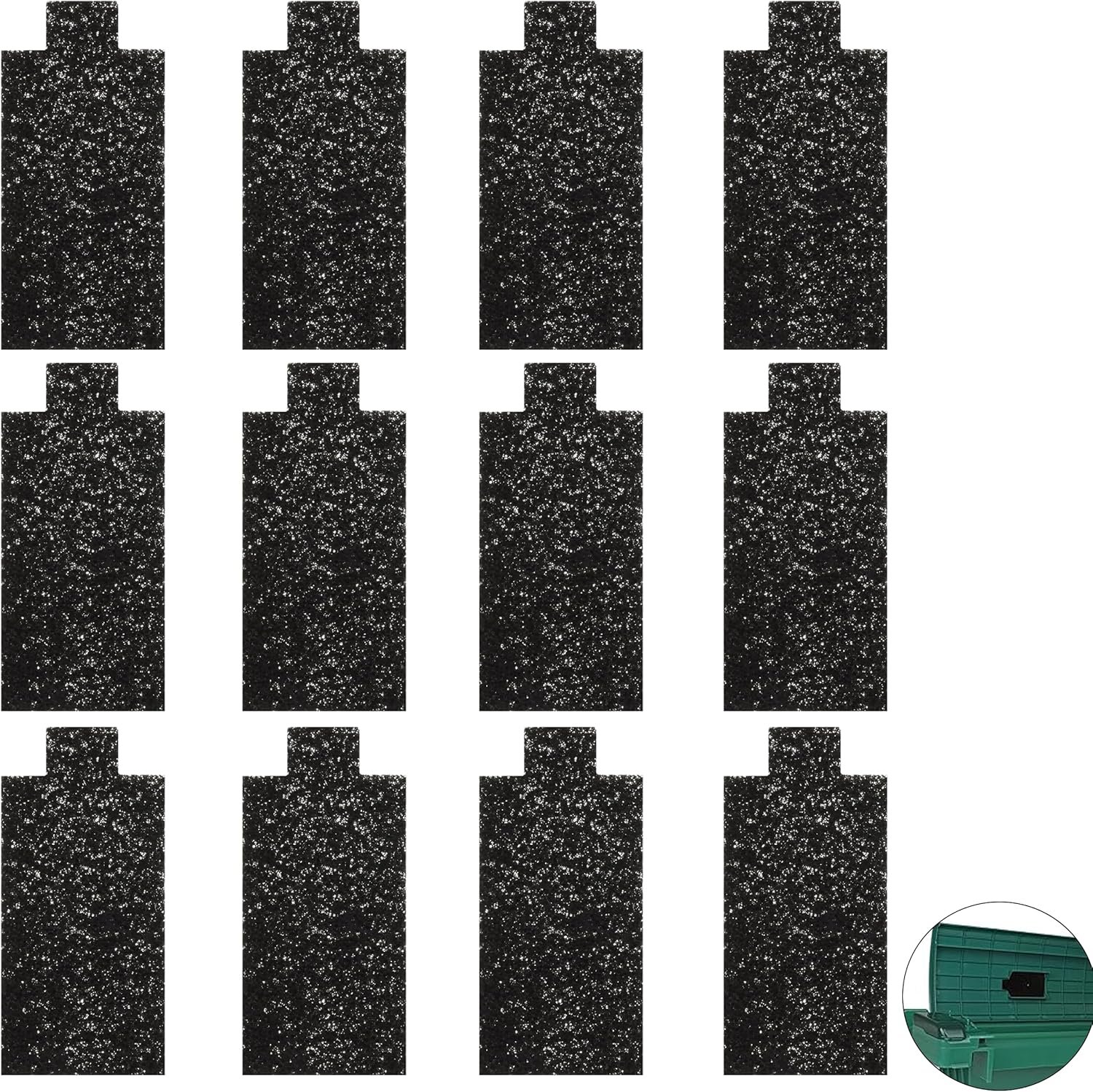House soiling is a common issue that can lead to dogs being surrendered to shelters, abused, or worse. Potty training your dog is essential for a harmonious life together. While it may seem challenging at first, following a few key steps can help you navigate the process successfully.
Starting small is crucial when potty training your dog. Providing a small space, such as a crate or box, allows the dog to learn to hold its bladder and avoid soiling its sleeping area. It is essential to pay attention to your puppy’s signals, such as whining or restlessness, indicating the need to eliminate. Using pet pads with a scent mimicking urine can help stimulate the puppy to use them correctly.
Establishing a training schedule is another vital aspect of potty training. Dogs thrive on routine, so feeding them at specific times and taking them out for walks after meals can help reinforce good potty habits. Consistency is key in training your dog to eliminate in the right place.
Rewarding good behavior and avoiding punishment is essential in potty training. Positive reinforcement, such as praise and treats, can encourage your dog to continue using the designated potty area. Punishment can create anxiety and confusion in your dog, leading to setbacks in the training process.
For dogs with special needs, such as submissive urination, a different approach may be necessary. Assessing any underlying medical issues and implementing specific strategies, such as walking the dog more frequently and avoiding threatening postures, can help address these challenges.
Using tools like puppy training pads or attractant sprays can aid in keeping your home clean during the potty training process. These products can help guide your dog to the designated potty area and discourage accidents in other parts of the house.
The duration of potty training can vary for each dog, with some mastering the process quickly and others taking longer to learn. Most dogs should be fully potty trained by six months of age, with accidents still possible even after that point. Patience and consistency are key to successfully potty training your dog.
Overall, potty training is a crucial aspect of responsible dog ownership that requires patience, consistency, and positive reinforcement. By following these guidelines and adapting to your dog’s individual needs, you can help them develop good potty habits and strengthen the bond between you and your furry friend.
-

(12-Pack, Black) Carbon Cotton Cat Litter Box Replacment Filters Compatible with Pet Zone Semi Automatic Cat Litter Box Filters for Absorbing Odors Control Damp from Pets
$11.99 -

(2 Pack) Indigenous Dental Health Bones Carrot and Pumpkin Flavor – 17 Ounces each
$35.70 -

| 24oz | XL Pet Odor Eliminator for Home, Carpets, Furniture, and More – Cats & Dogs- 750ml
$12.00 -

10 Pack of Little Piggies Latex Squeak Toys 10 from
$28.99
